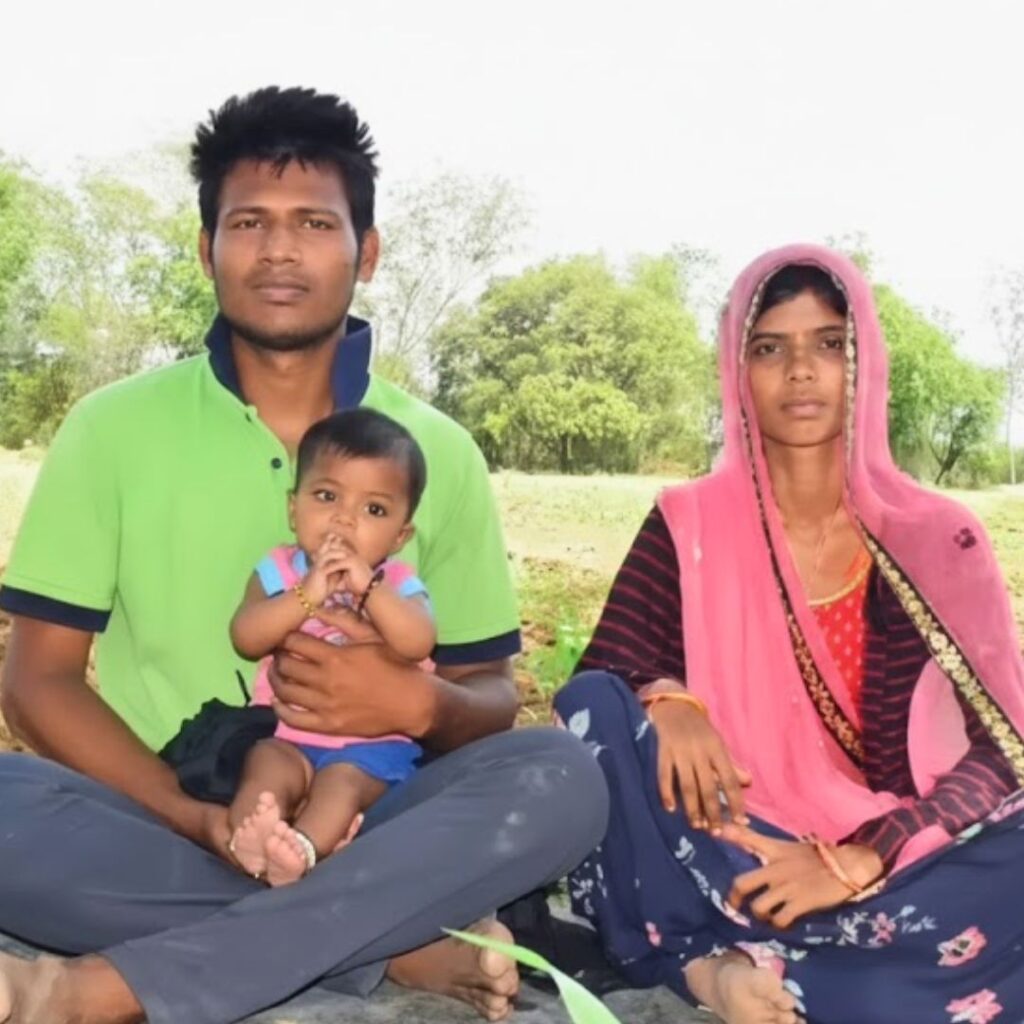After the United States (US) Food and Drug Administration (FDA) revised its blood donor guidelines, on April 2, for the homosexuals due to the urgent need for blood, Luckus Estok, a gay American citizen saw an opportunity and decided to help people struggling with coronavirus.
For years, the FDA had restricted ‘men who have had sex with men’ from donating blood, but it relaxed its rules as a way to compensate for the decline in donors during the COVID-19 outbreak.
The new guideline reduces the donation deferral period for sexually active gay and bisexual men from 12 months to three. Which means these otherwise healthy men will now have to abstain from sexual activity for 90 days before they are eligible to donate blood.
Other 12-month deferral periods have also been shortened under the new guidelines, including those for people who have travelled to areas with certain endemic diseases, those who have engaged in injection drug use and people who have participated in commercial sex work.
Seeing such an opportunity, Estok attempted to give blood plasma for a test program in New York City that treats seriously sick COVID-19 patients with plasma from patients who have developed antibodies and recouped from the disease.
But in an interview with NBC, he said he was dismissed after he disclosed his sexuality.
‘I was shocked,’ said 36-year-old Estok. ‘I’ve been through a month of hell with this virus. I’ve finally recovered. I’ve been through a screening process that tells me I’m a potential candidate to help somebody else and now I’m being told I can’t.’
Moreover, several other gay men who have tried to give blood since April 2 have failed to do so because many blood donation centres have not yet trained their staff or updated their computer systems to accommodate the new rule.
Estok was merely trying to donate his blood plasma at Mount Sinai Hospital, New York, as a part of the blood plasma therapy program. He found out about the program through friends.
‘Having gone through a bit of a horrific experience with the virus and feeling pretty grateful to have come out the other side, I reached out to Mount Sinai,’ said Estok.
Estok went through several screenings there, after which the hospital called him and said his blood had sufficiently high levels of the needed antibodies and that New York Blood Center would be in touch to schedule an appointment. But once he arrived at New York Blood Center, Estok was told he would be unable to donate.
‘I was not expecting the reaction I got,’ said Estok on when he told the staff he was gay. ‘It was like I was radioactive.’
The spokesperson for the New York Blood Center, where Estok tried to donate plasma, told NBC News that the implementation is taking time because of the lack time needed to train staff and American Association of Blood Banks’ deferral to provide them with an updated ‘Donor History Questionnaire’ to check a donors’ eligibility to donate blood.
A similar incident happened in Sacramento, California wherein Brandon Gunther, 24, attempted to donate at a local blood bank, believing he was eligible under the new guidelines but was turned away after he revealed his sexual history.
Gunther also continued to say that the experience felt discriminatory and jarring.
This has created a huge uproar in the queer community across the globe.
‘Not only is it imperative that gay and bisexual men who are now able to donate blood be allowed to do so without delay, but the FDA must also lift the 3-month deferral in its entirety,’ said Sarah Kate Ellis, CEO of GLAAD, an LGBTQ advocacy organization.
‘The policy remains discriminatory in nature, unaligned with science, and continues to prevent LGBTQ Americans from saving lives.
On the other hand, Kate Fry, CEO of America’s Blood Centers, said that the language in the FDA’s guidance to start with the programme of blood donation for gay men immediately was intended to mean that blood centres should immediately begin the process of implementation, recognizing that it would take some time.
Kate Fry of America’s Blood Centers said she anticipates her network’s centres will be able to accept newly eligible donors in June or July.
Restrictions on gay blood donors can be traced back to 1983, during the height of the AIDS crisis, when the federal U.S government proclaimed a lifetime ban on blood donations by homosexuals to keep a check on the transmission of HIV.
After which in 1985, the FDA blocked all men who had had sex with other men after 1977, from donating blood. The rule was changed in 2015 with a ‘year-long abstinence’ requirement and then to abstinence within the past three months, on April 2.
Also Read: Abused, Attacked, Beaten: Frontline Workers Are Risking Their Lives Everyday In India













